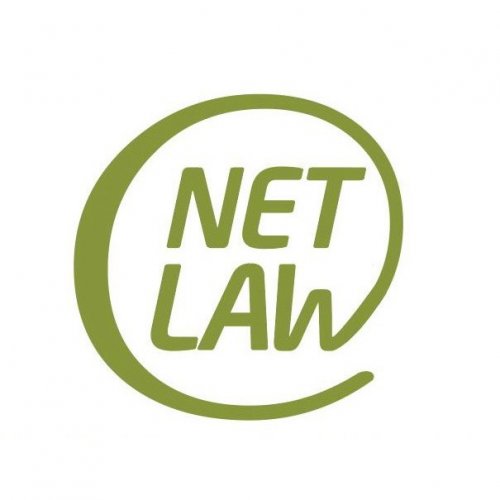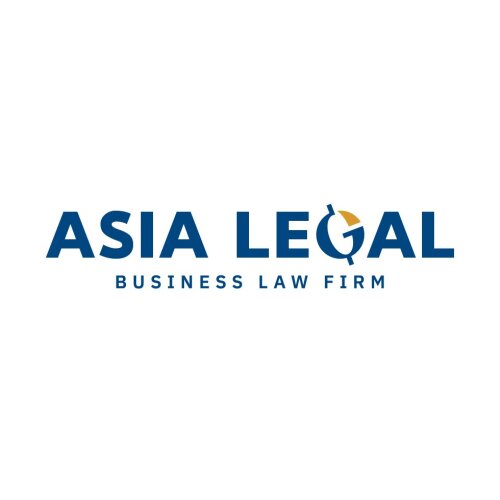Best Information Technology Lawyers in Vietnam
Share your needs with us, get contacted by law firms.
Free. Takes 2 min.
Or refine your search by selecting a city:
List of the best lawyers in Vietnam
About Information Technology Law in Vietnam
Vietnam has rapidly emerged as a key player in the global Information Technology (IT) landscape, with a growing emphasis on digital transformation, cybersecurity, and data protection. The government has promulgated specific laws and regulations to support the development of IT and to create a legal framework that attracts investment while safeguarding the interests of individuals and businesses. These laws cover a broad range of IT-related issues, including electronic transactions, cybersecurity, and data privacy.
Why You May Need a Lawyer
Legal assistance may be necessary in several scenarios related to Information Technology in Vietnam. Businesses might require legal consultation to ensure compliance with local cybersecurity laws and regulations. Individuals could seek legal help when dealing with data breaches or when their personal information is compromised. Furthermore, companies engaged in e-commerce or providing IT services may need legal advice to understand their contractual obligations and liabilities. Lastly, individuals or companies navigating the intellectual property landscape for software and IT solutions can benefit significantly from specialized legal services.
Local Laws Overview
Key aspects of local laws relevant to Information Technology in Vietnam include:
- The Law on Electronic Transactions: Governs electronic contracts and transactions, emphasizing the importance of digital signatures and data message integrity.
- The Law on Cybersecurity: Mandates data localization and addresses cybersecurity threats, primarily aiming to protect national security and public order online.
- The Law on Information Technology: Provides a framework for IT activities, promoting technology use and managing state agencies' IT investments.
- The Personal Data Protection Decree: Sets forth regulations on the collection, processing, and protection of personal data, requiring explicit consent for data handling.
Frequently Asked Questions
What areas of IT are covered under Vietnamese law?
Vietnamese law covers areas such as electronic transactions, cybersecurity, data protection, IT-related intellectual property, and e-commerce.
Do I need to localize data in Vietnam?
Yes, under the Cybersecurity Law, certain data related to Vietnamese citizens must be stored locally in Vietnam.
What are the penalties for non-compliance with IT laws in Vietnam?
Penalties may include fines, suspension of business licenses, or more severe legal actions depending on the nature and extent of the violation.
Is electronic signature legally recognized in Vietnam?
Yes, electronic signatures are recognized and have the same legal validity as handwritten signatures if they meet the specific requirements defined by Vietnamese law.
How can I protect my software under Vietnamese law?
You can protect your software through copyright registration and possibly by applying for patents if the software meets certain criteria.
What is the role of the Ministry of Information and Communications?
The Ministry oversees the management, strategy, and enforcement of policies related to IT and communications in Vietnam.
How can I ensure compliance with data protection regulations?
Compliance can be ensured by conducting regular audits, implementing robust security measures, and obtaining necessary consents for data processing.
Can foreign companies operate IT businesses in Vietnam?
Yes, foreign companies can operate IT businesses, but they must comply with local ownership restrictions and licensing requirements.
What should I do if my data is compromised?
Immediately notify relevant authorities, including the Ministry of Information and Communications, and consider consulting legal experts to address potential liabilities.
Are there any incentives for IT investments in Vietnam?
Yes, the government offers various incentives, including tax breaks and preferential rates, to encourage investment in the IT sector.
Additional Resources
Several resources and organizations can assist individuals or businesses seeking legal advice in the IT sector:
- Ministry of Information and Communications: Governs communications and information technology regulation.
- Vietnam IT Associations: Offer networking opportunities and information on industry trends.
- Law firms specializing in IT: Provide tailored legal services and consultation.
- Chambers of Commerce and Industry: Offer resources and guidance for foreign investors.
Next Steps
If you require legal assistance in Information Technology, consider the following steps:
- Identify Your Needs: Clearly define the legal issue or area you need help with.
- Research Professionals: Look for legal firms or professionals with expertise in Vietnamese IT law.
- Consult Experts: Schedule consultations to discuss your specific situation and get preliminary advice.
- Evaluate Options: Assess your options based on the legal advice received and determine your next course of action.
- Engage a Lawyer: Hire a lawyer or legal team to assist with legal compliance, disputes, or transactions.
Lawzana helps you find the best lawyers and law firms in Vietnam through a curated and pre-screened list of qualified legal professionals. Our platform offers rankings and detailed profiles of attorneys and law firms, allowing you to compare based on practice areas, including Information Technology, experience, and client feedback.
Each profile includes a description of the firm's areas of practice, client reviews, team members and partners, year of establishment, spoken languages, office locations, contact information, social media presence, and any published articles or resources. Most firms on our platform speak English and are experienced in both local and international legal matters.
Get a quote from top-rated law firms in Vietnam — quickly, securely, and without unnecessary hassle.
Disclaimer:
The information provided on this page is for general informational purposes only and does not constitute legal advice. While we strive to ensure the accuracy and relevance of the content, legal information may change over time, and interpretations of the law can vary. You should always consult with a qualified legal professional for advice specific to your situation.
We disclaim all liability for actions taken or not taken based on the content of this page. If you believe any information is incorrect or outdated, please contact us, and we will review and update it where appropriate.
Browse information technology law firms by city in Vietnam
Refine your search by selecting a city.
















